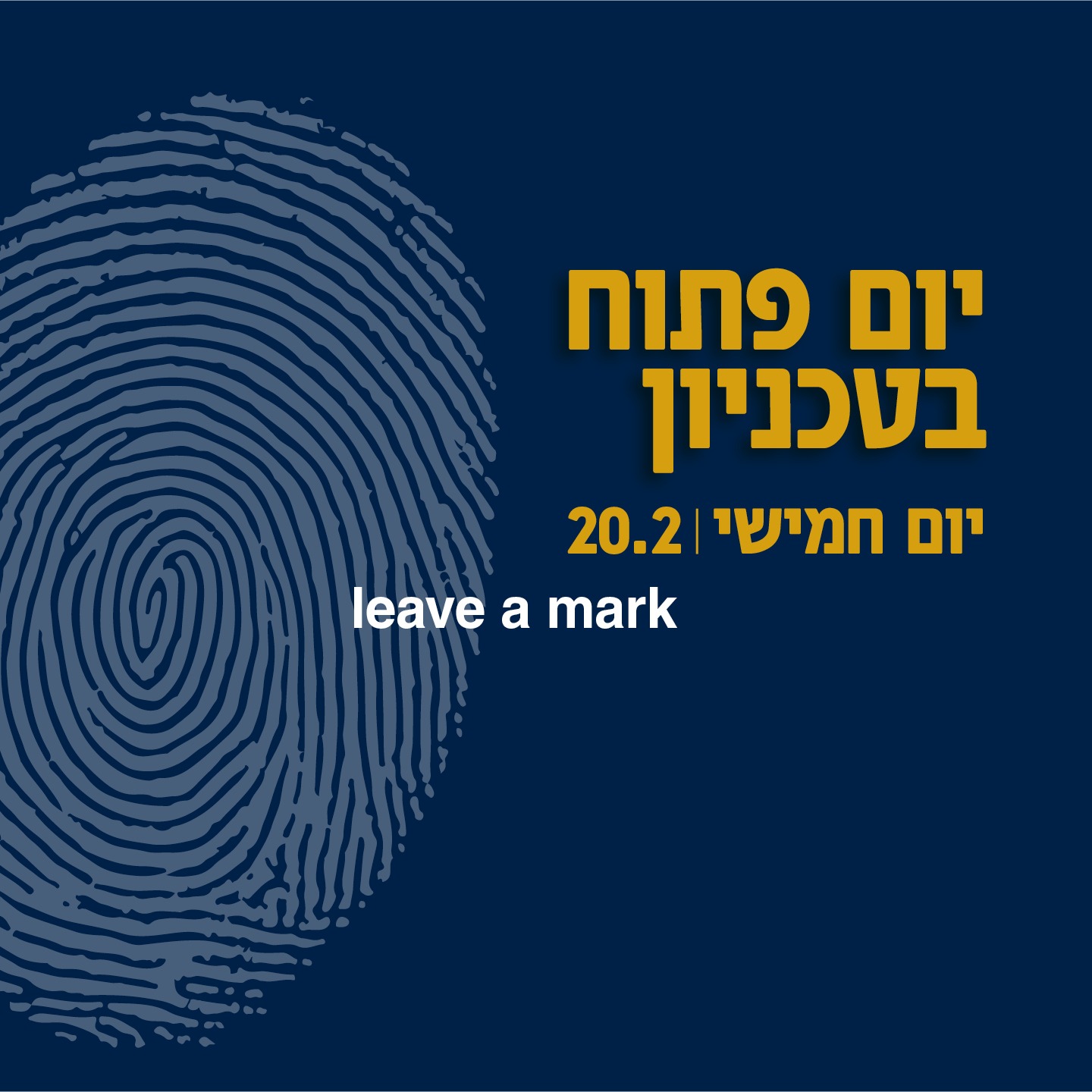יום פתוח בטכניון 20.2.25
אנחנו מזמינים אותך ליום הפתוח לתואר ראשון

פיתוח מנצח של סטודנטים בטכניון: לחם מופחת פחמימות עבור חולי סוכרת זיכה אותם במקום השלישי והמכובד בתחרות האירופית Food Solutions של המכון האירופי לחדשנות ולטכנולוגיה (EIT)

הכנס יפגיש את מיטב המוחות באקדמיה ובתעשייה כדי לקדם מחקר ופיתוח בממשק בין שני התחומים יום רביעי, 5.2.25, בפקולטה להנדסת חשמל ומחשבים ע"ש ויטרבי, משעה 08:30
הטכניון הוא האוניברסיטה המובילה בישראל בתחום מדעי המחשב לשנת 2025, והוא נכלל במקטע המקומות 125-101 בדירוג העולמי ביחד עם אוניברסיטת תל אביב

100000
בוגרים
18
פקולטות
15000
סטודנטים
60
מרכזי מחקר
ברחבי הקמפוס